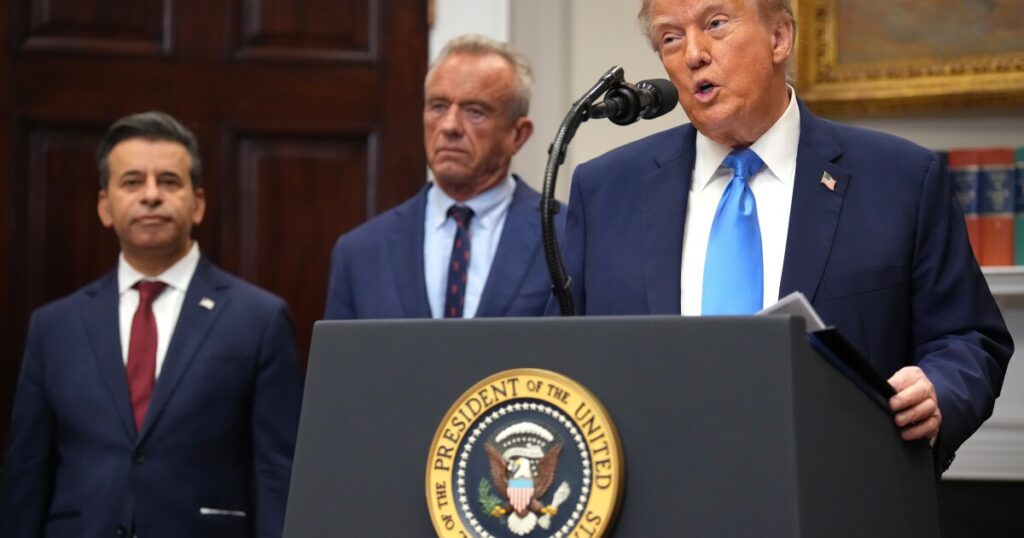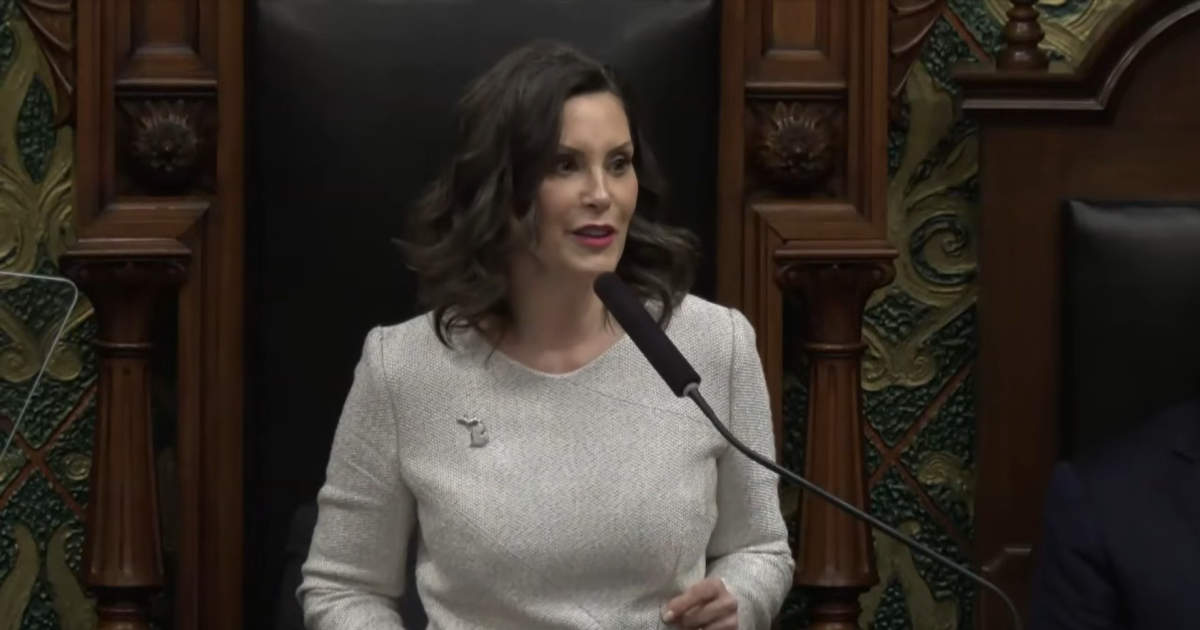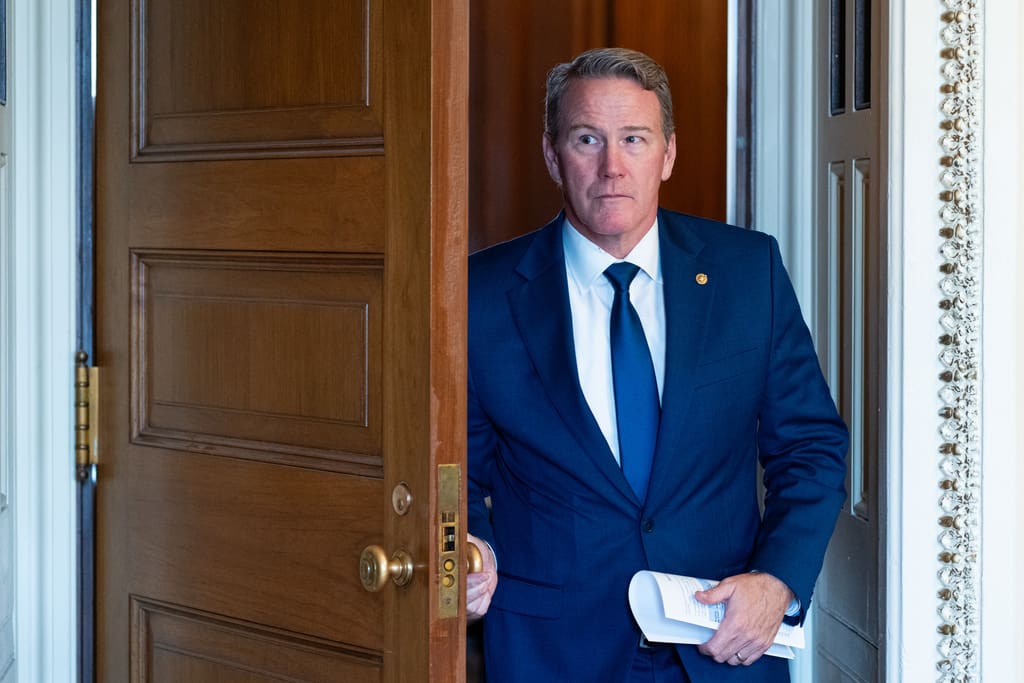In a move that has sparked diverse reactions, President Trump has proposed a new therapeutic approach to autism spectrum disorder using a prescribed form of vitamin B9 known as leucovorin. While some families express hope, many scientists and medical experts remain cautious.
“I think that this entire thing has been a bit misleading,” remarked Caitee Donovan, reflecting on a White House press conference where Trump linked autism causation to Tylenol and promoted leucovorin as a remedy. Donovan, whose daughter was diagnosed with autism at a young age, voiced her concerns about the proposed benefits of leucovorin, also known as folinic acid.
Health and Human Services Secretary Robert F. Kennedy Jr. described the treatment as “an exciting therapy that may benefit large numbers of children who have suffered from autism,” while President Trump emphasized the hope it offers to parents. The administration is advocating for the use of leucovorin for cerebral folate deficiency (CFD), a condition with a yet unclear link to autism.
Many parents and advocates, like Donovan, caution against viewing this as a simple solution to a complex disorder. Donovan stated, “It isn’t something I did. This is just who my daughter is, and she’s perfect the way she is.” Jax Bayne, an advocate with autism, echoed similar sentiments, suggesting that those seeking a cure for autism may not fully understand the condition.
Scientists largely agree that autism has multiple causes, with genetic factors being the most significant. “We know now that there are 100 or more autism genes, and we estimate there’s probably about 400,” explained Jonathan Sebat from the University of California, San Diego.
The Potential Role of Leucovorin
Originally approved in 1983, leucovorin has been used to protect healthy cells during cancer treatment. The FDA, now under Trump’s directive, is considering updating its label to reflect potential benefits for CFD symptoms in both adults and children, as detailed in an FDA document.
CFD is a rare condition where the brain lacks sufficient vitamin B9, leading to symptoms similar to autism, such as intellectual disability and seizures. Though some studies, such as one review, suggest that 38% of people with autism have CFD, the causal relationship remains uncertain.
Leucovorin, a form of folate, can bypass the immune response barrier that prevents folate from reaching brain cells. However, the true impact of leucovorin on autism symptoms is inconclusive. A study in India and a trial in the U.S. have shown mixed results, indicating modest improvements at best.
Concerns about the premature endorsement of leucovorin as a treatment have been raised by experts like Alycia Halladay and the Coalition of Autism Scientists, who urge further rigorous research. The Coalition stated, “It is premature to claim that leucovorin is an effective treatment for autism.”
Medical professionals emphasize the need for comprehensive clinical trials to verify the efficacy and safety of leucovorin for autism treatment, similar to the standards expected for other medications.
Copyright 2025 NPR
—
Read More Michigan News









